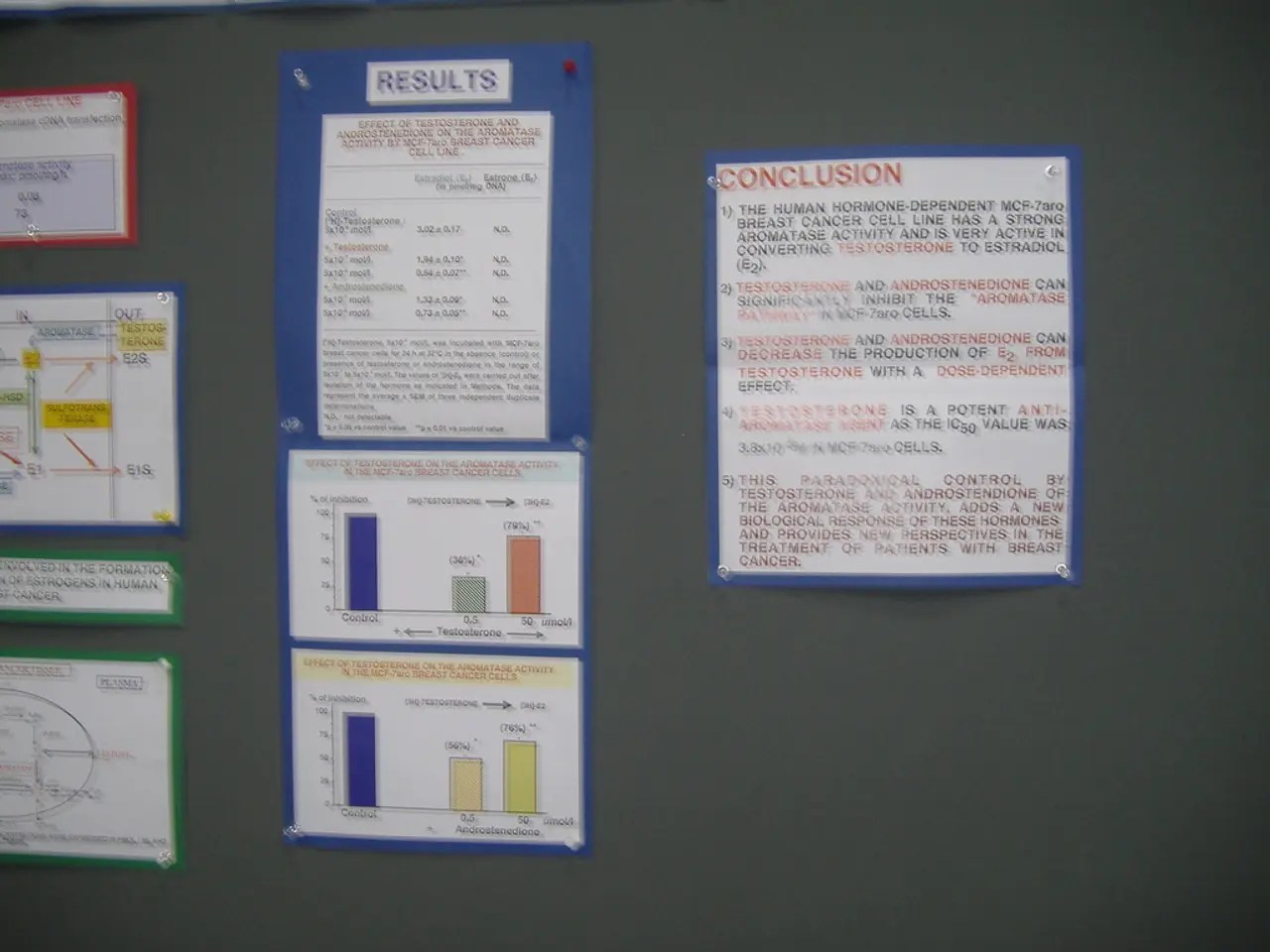Social judgments are influenced by context in the case of emotional suppression and expression positivity
In a recent study, the role of emotion regulation, particularly the suppression of positive emotions, has been highlighted as an essential aspect in various social contexts. While the discussion around expressing positive emotions is more prevalent, the importance of managing or suppressing them in specific situations has been brought to light.
In professional settings, maintaining a moderate display of positive emotions can help maintain professionalism and decorum. By suppressing excessive excitement or euphoria, workers can focus on their tasks and ensure that interactions remain productive.
Cultural norms and social expectations also play a significant role in the expression of positive emotions. In some cultures or social situations, openly expressing positive emotions might be discouraged due to cultural values that favour humility or restraint. In such cases, managing the expression of positive emotions can be seen as a sign of respect or tact.
The educational sector also benefits from emotional regulation. Teachers need to manage their positive emotions to create a balanced and neutral learning environment. By doing so, students perceive the teacher's emotions as supportive rather than distracting or biased.
Research suggests that cognitive flexibility, the ability to switch between different mental tasks, mediates the impact of emotion regulation strategies, including potentially managing positive emotions to focus on tasks or maintain emotional balance.
The study, which consisted of six experiments involving a total of 1,621 participants, found that expressive suppression can serve as a socially beneficial emotion regulation strategy in certain situations. Participants evaluated targets who suppressed positive emotion more favourably than those who expressed positive emotion, particularly in cases of a positive emotion-context mismatch.
The study proposes that expressing positive emotions is deemed inappropriate when the emotion's valence contradicts the context's valence. This means that in situations where positivity is not expected or appropriate, suppressing positive emotions can be seen as the more appropriate response.
In conclusion, while the specific contexts for suppressing positive emotions are not extensively detailed in recent research, managing emotional expressions can be socially useful in maintaining professionalism, adhering to cultural norms, and ensuring effective communication in various settings. The study provides empirical evidence that the social costs of suppression can be dependent on context, suggesting that the appropriateness of expressive suppression may be contingent on the emotional context.
In the professional realm, moderating the expression of positive emotions can help encourage a sense of professionalism and maintain a productive work environment. By suppressing excessive outbursts of positive emotions, professionals allow focus on tasks and ensure that interactions remain constructive.
The educational sector can also benefit from managing the display of positive emotions, as teachers who regulate their emotions create a balanced learning environment where emotions are perceived as supportive, rather than distracting or biased.




